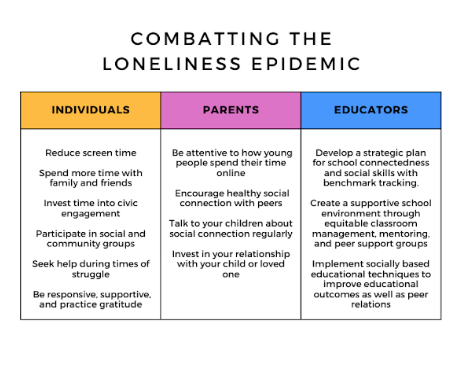As the school year goes on, students are getting set into their schedules and routines. It’s now been over two months, and because of this, it’s becoming more common for students to have substitutes in their classes. Walking in and seeing a substitute teacher can bring up different reactions in different students, but whether they’re hoping to have a bit more freedom or excited to maybe have extra time to complete work, it’s no doubt that the work of substitutes at ETHS is very important and often underappreciated.
Erik Parsons has been subbing at ETHS for ten years, and typically is working a full school day when he is here.
“[My work day] has changed over the years, especially when we went to the block schedule. Now, I will be working every block. Which means that subs will usually at minimum be teaching for two teachers on any given day. Because we are short on subs, it’s just not reasonable to only cover the blocks of only one teacher we are subbing for,” said Parsons.
Sam Baturoni, who has been substitute teaching at ETHS for twelve years, has a slightly different teaching schedule, but is still doing lots of work every week.
“Lately, my schedule has been a little bit different because I’ve been doing long term assignments a lot, so it’s like being a permanent teacher, but not. For regular subbing, you come to school, you’ll know who you’re subbing for, but then again, you might get some additional periods,” Baturoni explained.
For Parsons, substitute teaching is very rewarding, allowing him to interact with a wide range of students and subjects.
“I enjoy being able to meet everybody and be in so many different spaces. As a sub, I actually get to interact with more students than most teachers,” he said.
Baturoni also likes the variety that comes with being a sub. He enjoys being able to get around the school and meet so many people. While students see substitute teachers in every subject, the substitutes sometimes have preferences. For Baturoni, his favorite subjects to substitute for are math and Spanish classes. While Parsons does enjoy being in humanities and arts classes, especially theater, he is happy in lots of different settings.
“I like the variety, actually. There really aren’t any classes I actively don’t like teaching,” Parsons said.
However, Parsons likes to have more chances to actively teach a class rather than supervise students doing their own thing.
“Mostly, I like any time I can actually teach. It’s more about what’s happening in the classroom than the subject. When the instructions are ‘do an assignment in google classroom,’ I don’t have any information so I don’t have as many opportunities to help,” he said.
One experience substitutes have that is different from permanent teachers is that because they get to be in such a wide range of classes, they often work with students of all grade levels. It’s interesting to see how students of different ages act differently from each other.
“As people develop, there’s a difference in maturity levels. When students start worrying about SATs and college, they become a little quieter. They have more to think about,” said Baturoni.
Parsons also sees differences between grade levels.
“Each grade has their own sort of identity. Freshmen often seem a little overwhelmed, because no one has been to a school of 3,700 students before. They haven’t really had the opportunity to have a choice in their classes yet, but they ease in throughout the year…Juniors and seniors get into a mode of really focusing on their GPAs and getting into college. Sophomores tend to be the most relaxed, because they know what is going on, and the stakes are lower,” he said.
Something that can be common in classes with substitutes is students trying to relax the rules a bit more, by being on their cell phones, playing video games, or sitting with their friends. For this reason, it can be hard for substitute teachers to know how to enforce the rules.
“Students need to have an appreciation for the fact that substitute teachers can have the lowest expectations and the highest responsibility. If every student is safe and I know where they are, I have done most of my job. But, subs are held to a higher standard of the school policy. We can’t have the same leeway as teachers, because some teachers are more firm about enforcing the school policy and others are more relaxed. We can’t take student’s word for it, because I will have notes from teachers that say students shouldn’t be doing certain things, and then students will come to me and say the teacher is fine with it. In general, students think that subs can be too strict, but we are required to adhere more firmly to the rules and policies,” said Parsons.
Overall, substitute teachers are hardworking and do a lot to contribute to a safe and successful school community.



